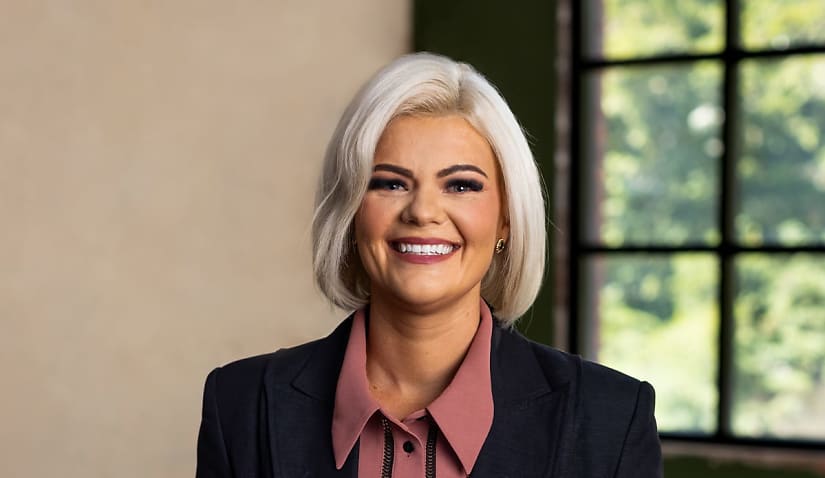Insurers say they can’t afford the cost of claims. Their profit sheets say otherwise, and Australians shouldn’t pay the price for déjà vu law reform, writes Sarah Grace.

Australia stands at a crossroads in tort law reform. The Insurance Council’s latest report calls for sweeping civil liability changes, yet insurers themselves are posting record profits. Before we hand over more rights in the name of “stability”, we must remember our history, protect fundamental common law entitlements, and modernise in ways that help people, not profit margins.
A flashback to the Ipp era
In the early 2000s, the headlines sounded familiar: liability insurance was “unaffordable”, community sport was collapsing, and premiums were out of control. In response, the federal government appointed the Panel of Eminent Persons, chaired by Justice David Ipp, to review the law of negligence. The resulting Ipp Report (2002) recommended sweeping reforms. These reforms included caps on damages, injury thresholds, limits on who could sue, and tighter tests for negligence. State and territory governments raced to implement these recommendations between 2002 and 2004. A later review found that personal injury claim rates were not soaring before Ipp, but declined sharply after the reforms. The “crisis” that justified curtailing rights was largely one of perception. Two decades later, we’re seeing the same storyline, now just with bigger corporate logos.
Insurers cry poor – but the balance sheets don’t lie
The Insurance Council’s Civil Liability Report (October 2025) argues that psychological injuries, “nervous shock”, and “worker-to-worker” claims are pushing the system to the brink. Its solution? Restrict access to compensation, cap damages, and limit legal fees. It sounds dire, until you look at the numbers. Australia’s general insurers collectively recorded $6.1billion in after-tax profit in 2024, triple the five-year average of $2 billion. Premium income climbed from $65.5 billion to $68 billion. Insurance Australia Group reported $1.17 billion in cash earnings last year, while Suncorp’s insurance profit surged more than fivefold. So, when insurers warn that the system is “unsustainable”, one must ask: unsustainable for whom?
Why common law rights still matter
Common law rights aren’t relics of a bygone era; they’re the bedrock of fairness. They ensure that when someone is harmed, they can seek redress, hold wrongdoers accountable, and maintain deterrence across society. The reforms insurers propose would narrow access to justice and tilt the scales towards corporations and governments, entities already armed with resources, risk models, and legal teams. The Ipp reforms already balanced affordability and accountability. What’s being proposed now would erode that balance further, making it harder for everyday Australians to be heard in their own justice system.
What real reform should look like
That doesn’t mean civil liability laws should stand still. Twenty-five years ago, lawyers were handwriting forms and faxing submissions. Today, technology can make claims faster, fairer, and cheaper, without shrinking rights. Modernisation should focus on:
The goal isn’t fewer claims, it’s better outcomes. Reform should be brave, not biased.
Reform for people, not profits
We’ve seen this pattern before: the insurance industry declares crisis, governments respond in haste, and rights shrink quietly in the name of “efficiency”. Yes, reform is needed. But the kind that puts people at the centre, not balance sheets. The last time insurers cried poor, they ended up richer than ever. Let’s not let history repeat; this time, with interest.
Sarah Grace is a special counsel and Brisbane leader at Travis Schultz & Partners.